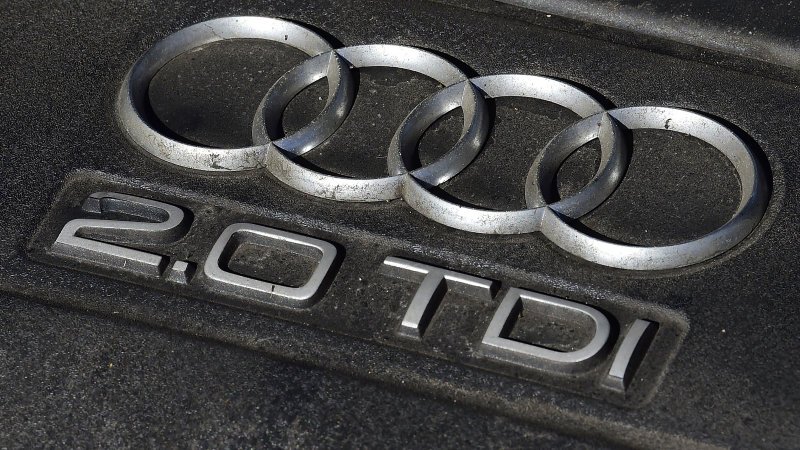New documents show how Audi and U.S. marketing issues fostered dieselgate

We're nearly four years beyond the black cloud of Volkswagen's dieselgate, and the revelations as to how it happened are still being served like all-you-can eat tapas — small plates, so you're never satisfied from a single helping, but the meal just won't end. The New York Times was privy to a new cache of documents uncovered by Germany's Bayerische Rundufunk station and the newspaper Handelsblatt. They illuminate Aud's cognizant, and perhaps leading, role in propagating the emissions cheating software. Remember, Volkswagen's official line from the beginning was about "rogue employees," and Audi has played up being shell-shocked at this travesty of environmentalism. However, according to the documents, an e-mail from an Audi engineer to his colleagues in 2008 prepared everyone for what was to come with the line, "We don't make it without a few dirty tricks."
The way the NYT story reads, it's hard to believe anyone at Audi didn't know what was happening: Audi had been using emissions defeat devices since at least 2003 in Europe. The brand's engineers were so blasé about it even then that another engineer with a literary bent sent an e-mail that included paraphrased stanzas from Goethe's Erl-King, one of the lines being, "Defeat device, come hither!"
Seems the American luxury buyer's insistence on convenience turned into a key point leading to the saga here. Audi bosses insisted that Americans wouldn't put up with needing to fill the AdBlue supplement tank. Engineers, therefore, were ordered to come up with a solution so that an Audi held enough AdBlue to last for the 10,000-mile dealer service intervals. When the bosses nixed a larger tank because that would impinge on interior space, and nixed installing a second tank because of cost concerns, well, voila. Call the cheat-code guys.
The NYT does get one detail incorrect, though. The engineer that parodied Goethe had also written in his e-mail, "CARB won’t notice." The NYT said "CARB... did notice, and its investigators were largely responsible for forcing Volkswagen to confess." That omits the crucial role of the International Council on Clean Transportation (ICCT) and West Virginia University. The Washington, D.C.-based ICCT provided a grant to WVU, known for auto emissions research, to test the diesels in German cars. When WVU came back with trunks full of proof, the ICCT rang the alarm. Rumor has it that even before that, other automakers were onto the issue first, and tipped off the ICCT. Then the EPA and CARB noticed.
Related News
